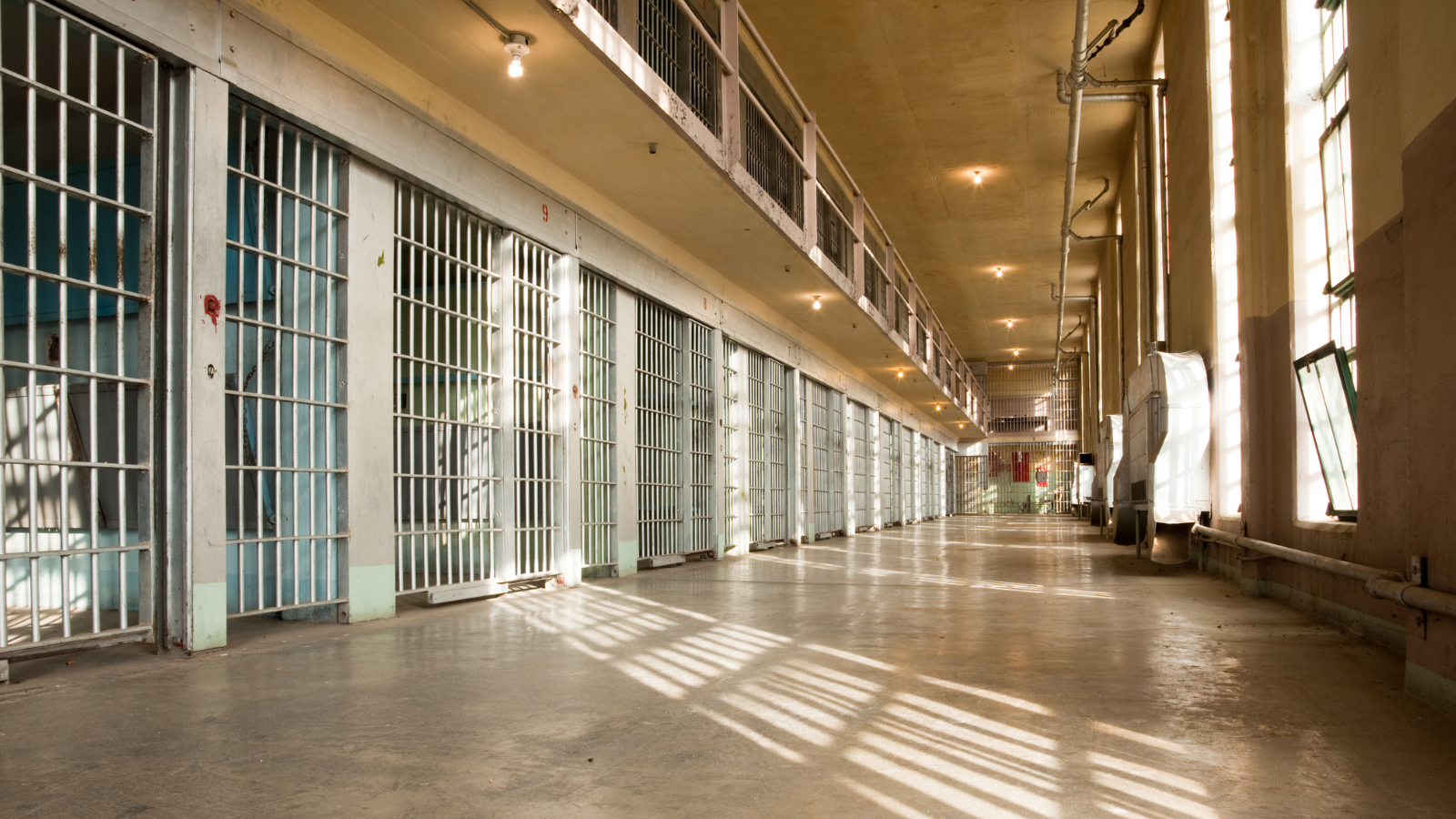
The COVID-19 pandemic has diverted health care resources from the management of chronic disease toward acute care. There are potential long-term outcomes of this shift, especially for disadvantaged groups including the incarcerated. In a new research letter published in JAMA Health Forum, Dr. William Schpero, assistant professor of population health sciences at Weill Cornell Medicine, Anita Amin, and Dr. Daniel Winestsky examine the extent to which the COVID-19 pandemic disrupted access to medical care within California state prisons. The researchers analyzed data from the California Department of Corrections and Rehabilitation for all 35 state prisons to assess trends in referrals for and timely delivery of primary and specialty care. From January 1, 2019 to July 31, 2021, routine primary care referrals decreased significantly during each COVID-19 wave compared to the baseline. While urgent specialty referrals decreased significantly during the first wave (June to October 2020), they returned to baseline during the second wave (November 2020 to February 2021). In addition, timeliness of routine primary and specialty care decreased in both waves. However, timeliness for urgent primary care remained stable throughout while timeliness for urgent specialty care decreased significantly only in the second wave. The researchers note that because this study examines only one state prison system, it may not represent nationwide trends.
- Highlights

